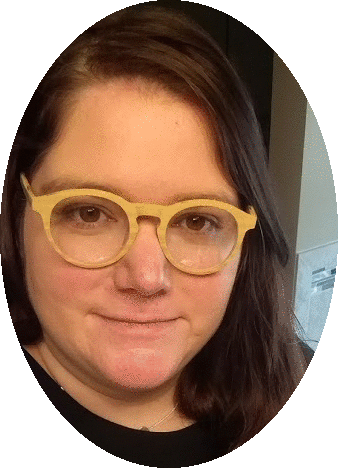7 Questions with Barbara O'Neal
Today I was in the mood for a change of scenery. So, instead of sitting in my family room, I sat in my den. Such is life during the pandemic.
Particularly now, with most of us keeping to our houses as to do our part in slowing the spread, the ability of a book to transport you somewhere… different… is profoundly powerful. And when it comes to atmospheric reads, there are few as amazing as those penned by Barbara O’Neal, the best-selling author of When We Believed in Mermaids and, most recently, The Lost Girls of Devon.
Despite going on day 136 of being trapped in the house, the connective power of the internet recently enabled us to get to know Barbara a little bit better. Check out her answers to our 7 questions and, of course, grab a copy of her newest unputdownable novel, The Lost Girls of Devon.
1. What's your favorite drink?
I love tea--black tea with milk and sugar, sweet iced tea, various herbals, all of them. I have many teapots and collect cups on my travels.
2. Where and when do you write?
I must admit I'm a little boring in this way. I like to write at my desk, in my office overlooking the mountains, usually first thing in the morning, though if I'm finishing a book, it's all day every day. I recently made the switch to a desk that moves up and down, and I love it madly. My cats keep me company, sometimes all three of them lounging on the desk, the windowsill, beneath the desk on my feet.
3. What does your prewriting process look like?
The prewriting process, or what I call the brewing period, is much longer than the actual writing period. It can take several years, but I need at least six or eight months to develop a project, from characters to setting. Before I start the actual writing, I need to be able to open the door to the book world and go walk around there, spatially, and I need to be able to walk around as the characters. That takes quite a bit of time. (It's also really a lot of fun for me. Worldbuilding might be the best part of writing a novel.)
4. What's up next?
I am just finishing the next book for Lake Union, out next summer. Currently, it's the story of the two daughters of a rock star from the eighties, and it is set on the upper west side of New York City, which has proved to be a bit of a challenge during the pandemic!
5. Your physical descriptions of the English village to which Zoe and her daughter, Isabel, returned were exceptional. What do you do to compose such sensory-rich descriptions?
I deeply believe that a sense of place is one of the things that brings a book to life. I am in love with England, but had never been to Devon, and I traveled there with my partner to visit two of his siblings--one in Glastonbury, one on the southwest coast. In between, we visited a dozen or more villages, sampling the flavors, and spent a day on Dartmoor with a wonderful old shepherd and his dog, and sampling the ciders and ales in lots of old pubs. It is staggeringly beautiful, and I want to do justice to it.
6. Of all of the rich characters in this novel, Isabel was the one who really stood out for me. This was probably due, at least in part, to the fact that she was so wounded. What are the best and worst parts of writing a wounded character?
Isabel ended up being a very important character. The writing of trauma is a delicate balancing act, of course. There are real human beings who have experienced whatever trauma you explore, and you have to be mindful of that, take it seriously, understand what you're talking about. To that end, I did ton of research into the trauma Isabel experienced and tried to get under her skin. I've never experienced that particular trauma, but I've had others, and that helped me get to the core of the emotions.
From a storytelling perspective, it creates a natural arc you must solve by the end so there's a solid drive.
7. The title of this novel, The Lost Girls of Devon, though seemingly simple, felt deceptively rich in meaning – specifically because the word “lost” could be interpreted in so many different ways. Was this your original title? How did you arrive at it?
My original title was The Good Witch of Devonshire, but no one liked except me, which is often the case with my working titles. I need something to hang the theme on, but readers need something more. My editor came up with it, and it's beautifully evocative. She also came up with the absolutely brilliant When We Believed in Mermaids. One of my original suggestions was somewhat similar, but when she suggested that one, shivers went up my spine.
Check out these reads by Barbara O’Neal:
* Drink. Read. Repeat. is a participant in the Amazon Services LLC Associates Program, an affiliate advertising program designed to provide a means for sites to earn advertising fees by advertising and linking to Amazon.com. As an associate, we may earn commissions, at no cost to you, from qualifying purchases on Amazon.com







